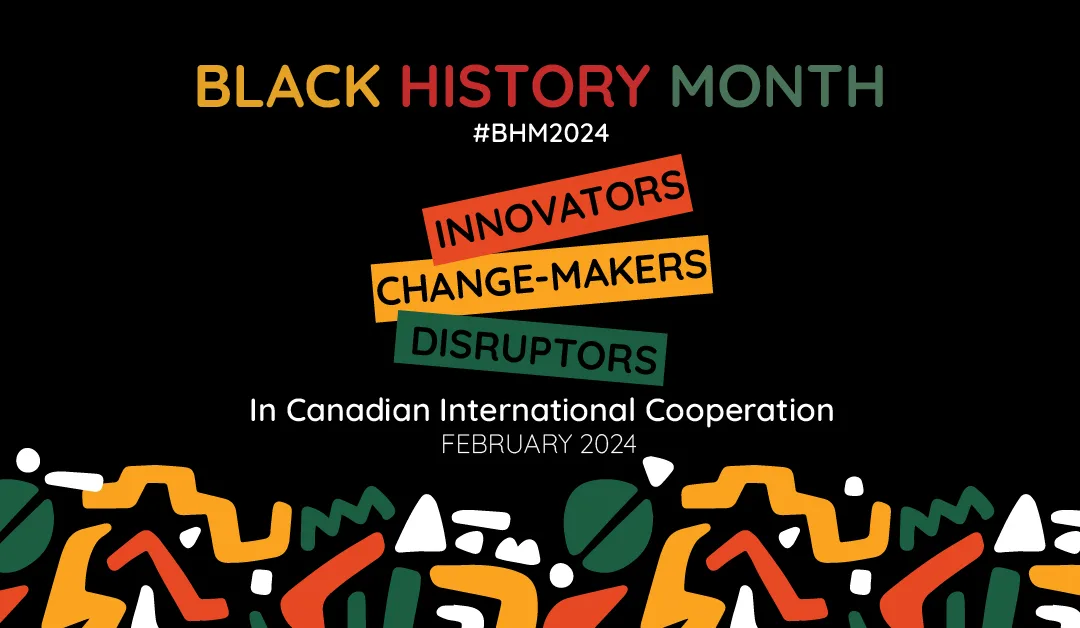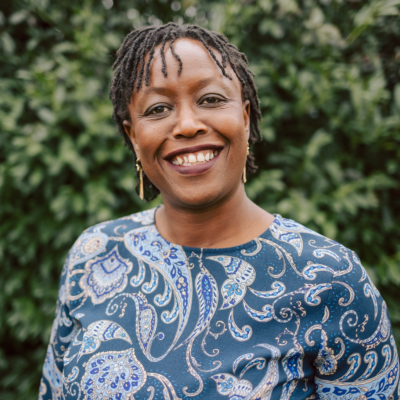Interview with Musu Taylor-Lewis, Executive Director of Food for the Hungry
1. Why did you decide to work in international cooperation and what have been some career highlights?
For a long as I can remember I’ve wanted to contribute to economic development. My family is from Sierra Leone and my parents instilled in us a sense of community responsibility. Growing up in different parts of the world made me super conscious of the unequal opportunities available to people depending on where they were born and I have never been comfortable with that reality.
Meeting people whose stories I had written or told in project reports is a highlight of my career. It is a profound reminder to hold our responsibility as mediators of those stories with humility and care. Serving as a member of the inaugural advisory committee for the development of an anti-racism action plan for the Canadian international cooperation sector and being able to contribute to the production of the framework for anti-racist change. I cannot describe how I felt when the first report was completed. It really represented its name as a collective commitment to change and my heart sang!
2. What experiences have influenced your career as a Black person in the international cooperation sector?
My Aunty Amina’s story. My father’s sister never had the opportunity to attend school and when I think of the disparity in her life and her brothers’ lives and the difference that continues to make for my siblings and our cousins, I remain aware that inequality affects generations. So it is very personal for me to see the disparity extend at national and international levels. It means whole communities are being held back to the detriment of us all. Humanity cannot live up to its full potential while so many are kept from making the contributions they are capable of, given the right opportunities.
3. What are your hopes for the future, and what advice would you give to those wishing to work in international cooperation?
I am an unapologetic idealist. I hope for a future where everyone has the opportunity to live up to their full potential. A future where health services, food and education are not luxuries for anyone in the world, no matter where they live or their level of wealth. For someone coming into the sector I would tell them that this is not work for superheroes, there is no magic formula for change, it is slow collaborative work to chip away at the structures that disadvantage different peoples. You may not be able to change the whole world, but you can make a change in the world, just find a corner and start chipping away, you’ll find others to lean on. Idealism has to be tempered with realism so that you don’t burn out or become disillusioned.


